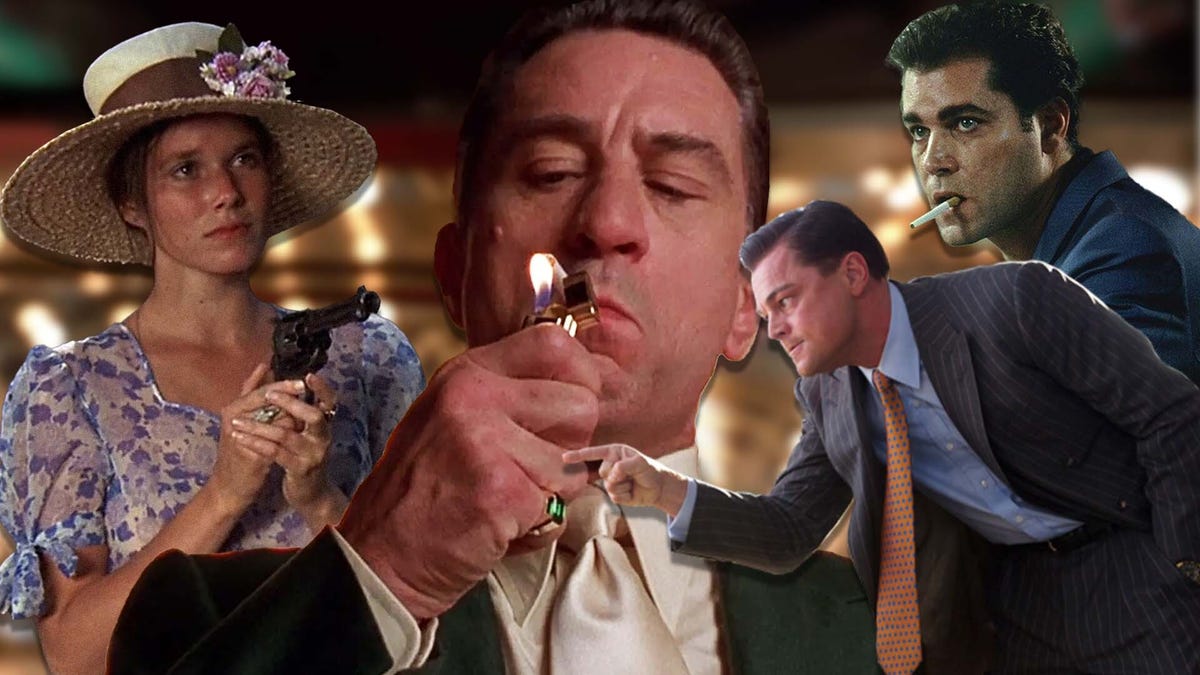From the second Ray Liotta’s Henry Hill breaks the fourth wall and delivers the long-lasting line, “Way back to I can keep in mind, I all the time wished to be a gangster,” Scorsese lets us know we’re in for a trip with a personality as magnetic as he’s morally bankrupt. Whether or not he’s taking his future spouse Karen (Lorraine Bracco) on a simple, one-shot stroll by way of the Copacabana kitchen entrance or flashing that manic, cocaine-fueled grin whereas juggling facet hustles, Henry radiates the form of easy cool that makes his life-style look intoxicatingly irresistible. Even his darkest acts—like laughing off a person getting shot in a bar by Tommy DeVito (Joe Pesci) or utilizing his appeal to deflect Karen’s rising suspicions—are laced with an plain charisma. Liotta brings a kinetic, boyish power to Henry, making him each an aspirational and tragic determine, a man who appears too slick to fail till, inevitably, he does.
And like all Scorsese antiheroes, the very qualities that made Henry bigger than life are what ship him crashing down. That confidence curdles into paranoia as he spirals into drug habit, sweating by way of a single day of frantic coke offers whereas dodging the FBI helicopter that stalks him from above. His informal betrayal of his closest associates to avoid wasting himself within the courtroom is much less a grand Shakespearean downfall and extra a pathetic whimper—Henry, as soon as the smooth-talking wiseguy with the world at his fingertips, diminished to a schlubby suburban no one compelled to dwell like a “schnook.” Not like Jordan Belfort, who lands on his ft with a brand new rip-off to run, Henry’s destiny is much less poetic and extra tragic: a person who had all of it, misplaced all of it, and may by no means get it again. Scorsese doesn’t simply inform us how alluring crime could be—he exhibits us, after which he exhibits us why it by no means lasts.

